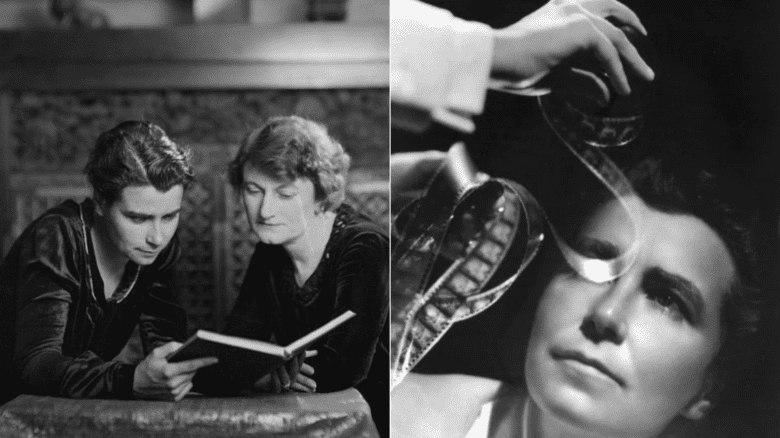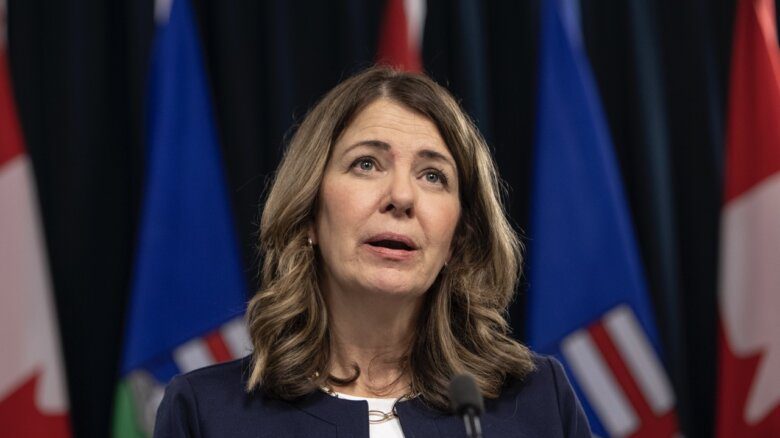This story is part of Seeing Red, a month-long series exploring periods from an LGBTQ2 perspective.
From fertility concerns to breaking up with your doctor, OB/GYN Dr Helena Frecker answers your questions in part three of “Ask an Expert.”
Full transcript:
Hello, my name is Helena Frecker. I’m an obstetrician and gynecologist. I work in Toronto, and I’m here to answer some questions about reproductive health and sexual health for Xtra.
Is it okay to break up with my doctor if they give me heteronormative advice? For instance they won’t prescribe me birth control because I’m a lesbian?
One hundred percent it’s OK to break up with your doctor. However, that won’t always get you the care that you need, if they are not willing or if you are not able to find a provider who is maybe a little bit more knowledgeable around your health care concerns. So the first thing I would probably try is — not that this is your job — but to try educating your doctor a little bit about yourself, how you identify and the types of relationships that you have so that they might better understand how they can help you. However if this does not work, then it’s 100 percent your right to be referred to a doctor that can provide you with better care.
I’m intersex. Is it normal that I don’t get a period? Does this mean that I can’t get pregnant?
So that very much depends on your own biological status. For instance some intersex people are born with XY chromosomes which are the chromosomes typically associated with a male sex. However because of a deficiency in the receptor that responds to testosterone, they never develop male external genitalia. So on the outside they appear to be a female but on the inside they don’t have a uterus. They don’t have ovaries. So those people would never be able to achieve a pregnancy and would not have a period. However there are some people who are born with XX chromosomes, but because of an issue with an enzyme in their adrenal gland, produce a great deal of testosterone which can create a male-appearing external genitalia. Those people can, in some circumstances, get pregnant depending on the severity of the enzyme deficiency and how able their ovaries are to ovulate. All this to say those are just two examples of individuals who may identify as intersex. This is not an exhaustive explanation of what it means to be intersex but these are just some examples to illustrate in which circumstances a pregnancy may or may not be possible for these individuals.
If my period cycle averages 40 days, does that mean I’m not as fertile as women who have a cycle of 28 days? I’m a little concerned because will that make it harder for me to have children in the future if I end up wanting children?
In order to answer this question, I think I need to take your right back to Grade 9 biology for some Menstrual Cycle 101.
Okay, so here we have a little chart that I’m gonna draw for you. We have our period starting at day zero. We have our next period starting at day 28. So this is an average length of a cycle. This is not everybody has a 28-day cycle. It’s just the average length. Now the middle of your cycle is where you ovulate, okay? So here’s your little ovary. Here’s your little follicle. And then when you ovulate spits out an egg, okay? Now the two phases of the cycle have different names. So we have our follicular phase, okay? And we have our luteal phase.
Now leading up to your ovulation. You have some hormones that are on the rise, okay? So you have your estrogen. You have your follicle stimulating hormone and you have your luteinizing hormone. So they’re all on the rise. And as they go up there’s triggering ovulation, okay? After you ovulate you have a little something here called the corpus luteum. And that’s why it’s called the luteal phase and that secretes progesterone but it only does it for 14 days, okay? Okay so the second half of your cycle that luteal phase is almost always exactly 14 days. Okay? So this is 14 days here. So then the follicular phase is whatever time is left. So if you have a 28-day cycle then the follicular phase is 14 days. But if you have a 40-day cycle then you’re follicular phase is 26 days.
So when you have a 40-day cycle does that mean you’re less fertile? No, it means it might take a little bit longer to get pregnant just because you have, you know, kicks at the can that are a little less frequent but it absolutely does not mean that you can’t get pregnant. There are also a lot of ways that you can boost your ovulation naturally and with a little bit of medical assistance. So sometimes even just changes in diet, exercise and weight can promote a little bit more regular ovulation and then sometimes if you need a little bit of help from a gynecologist or a fertility specialist just to take a short course of a medication that boosts your ovulation, that can also help to get pregnant in future. So a 40-day cycle, I would not bat an eye that that is in the way of fertility at all.
This story is part of Seeing Red, a month-long series exploring periods from an LGBTQ2 perspective.

 Why you can trust Xtra
Why you can trust Xtra


